I was recently sent a review copy of ‘Acorn – A World in Pixels‘ by Idesine. As a rule I only like reviewing stuff that I am genuinely interested in myself, but this one really did peak my interest. As ever with review copies of books I said that if I accept I would have to of course give an honest review and give my genuine opinion.
First of all let’s mention what the book covers, as not everyone will immediately know the Acorn name. Acorn Computers Ltd was a computer company, based in Cambridge, who built the BBC Micro and Acorn Electron computers. The BBC Micro was a machine that almost every schoolchild got to use in the 80s, as they were brought into most schools as the training computer of choice. We all have many memories of BASIC programming on the BBC Micro, or controlling the LOGO turtle on the floor to draw pictures, or in my case hearing our Art teacher rave about how amazing Elite was. The BBC has a special place in the heart of many UK children of the 80s, so it’s great to get a book dedicated to the games of the BBC Micro and its little brother the Acorn Electron.
I’ve got several other coffee table video game books, so I was eager to see how this one compared. I’m very pleased to say that I was very impressed. The cover hits you right away, with some great art by the fantastic Ste Pickford. The print quality as well is just what you would hope for in a book like this. 476 pages all bound together very well and presented in a nice slip case.
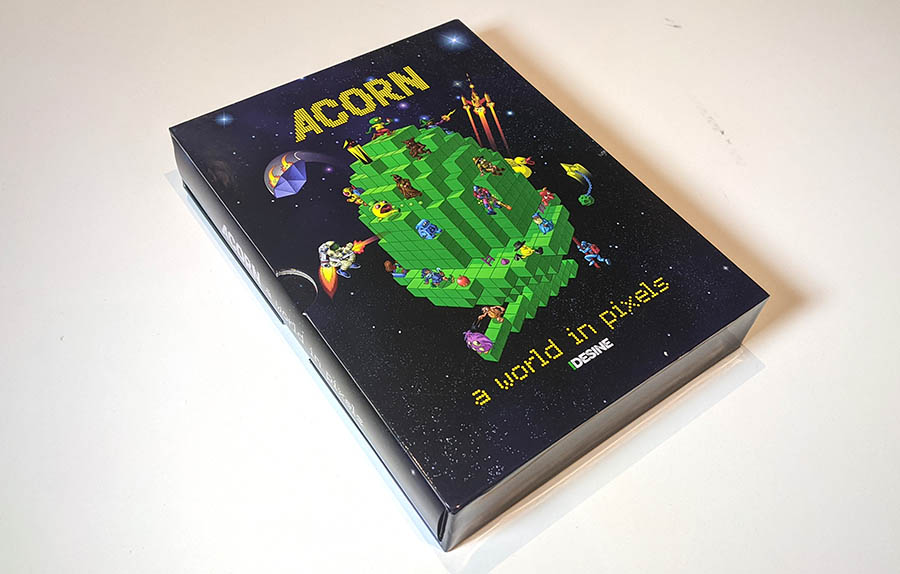
Over 150 games are present in the book, with great screenshots, stats and reviews. There are also interviews with some of the main people involved in the industry such as David Braben and Ian Bell (Elite), Geoff Crammond (Revs/Aviator), Peter Irvin (Exile), Tim Tyler (Repton) and the Oliver Twins. Some of the interviews are quite substantial too. Perhaps more in depth than many people might expect from a visual book like this.
It also features articles about some of the key publishers of the time, including Superior Software, Micro Power, Acornsoft, Tynesoft, 4th Dimension, Alligata, Ultimate Play the Game and more. Furthermore, there are articles around some of the magazines of the time and the most famous game cover art too.
In some places they have placed multiple screens of a game together, in order to create a map of the page, which is great. Check out the Citadel one below.
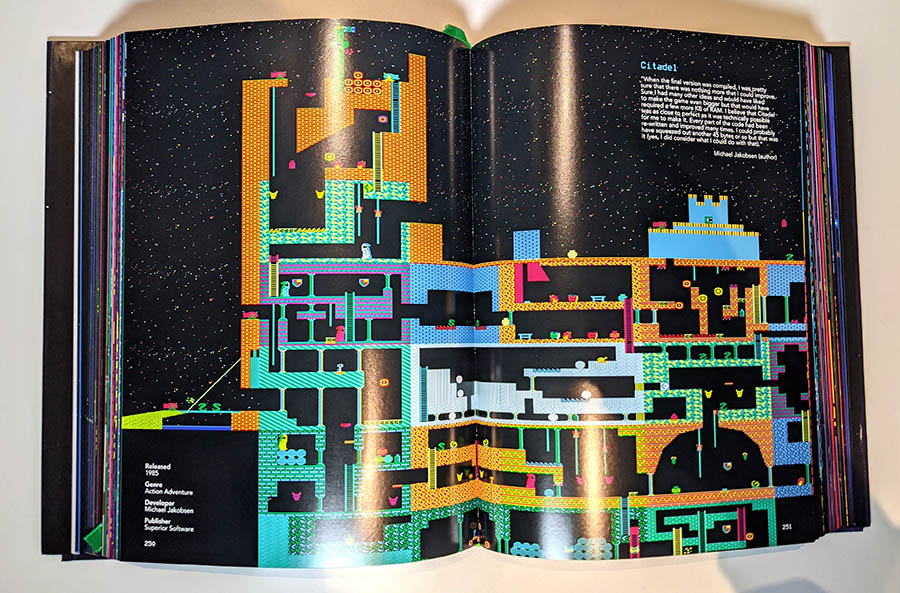
The only suggestion, not even a criticism, that I could think to add would be to have had some nice photographs of the original computers, just to set the scene of the platform that we’re talking about and bring back some initial nostalgia. I couldn’t find any when I looked, although there were some cool wireframe illustrations of the machines. But they’ve got an 8 page article on The Making of Elite, so that makes up for it in my opinion!
All in all I would strongly recommend this to anyone who has a love for the BBC/Acorn games from their childhood. It is very in depth, extremely well presented and showcases some absolutely iconic games. I loved seeing all the fantastic graphic art from my personal favourite games like Chuckie Egg, Elite, Exile, Frak!, Repton, Thrust and many more. Go to the Idesine page to find out more about Acorn – A World in Pixels.


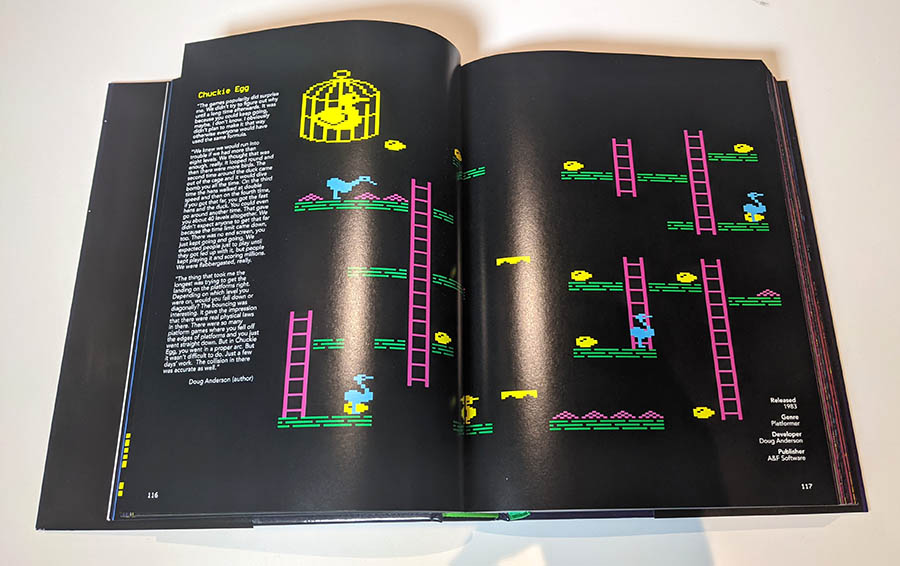
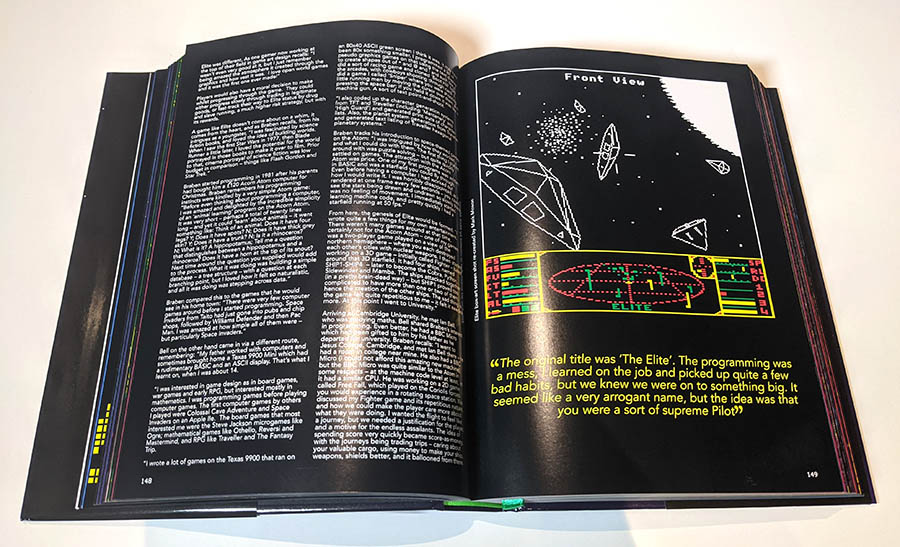
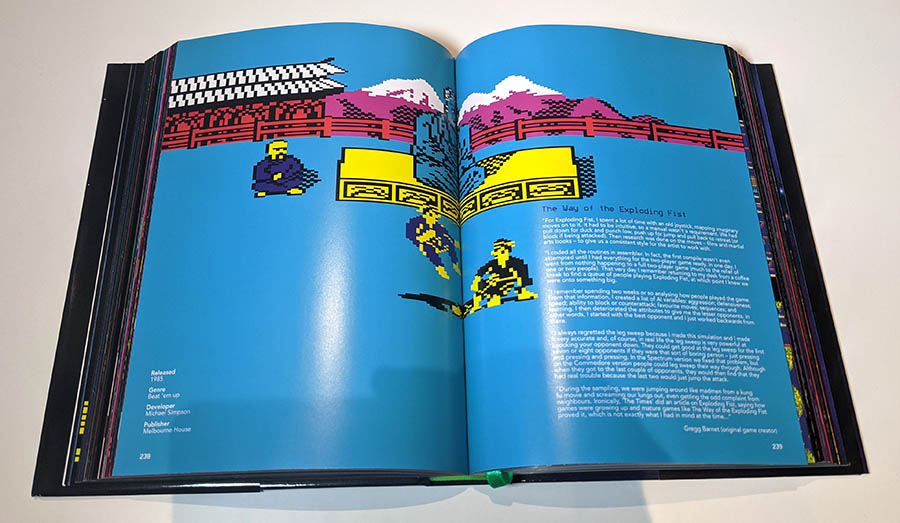
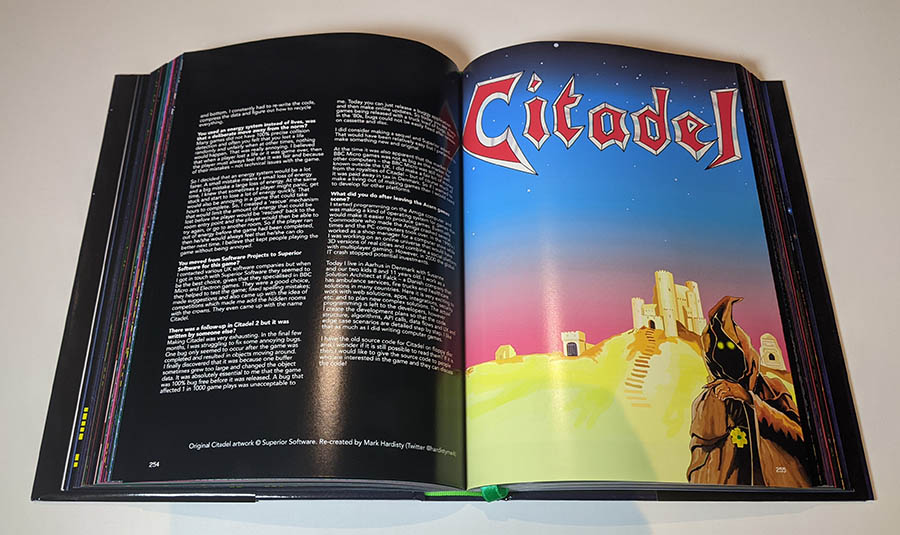
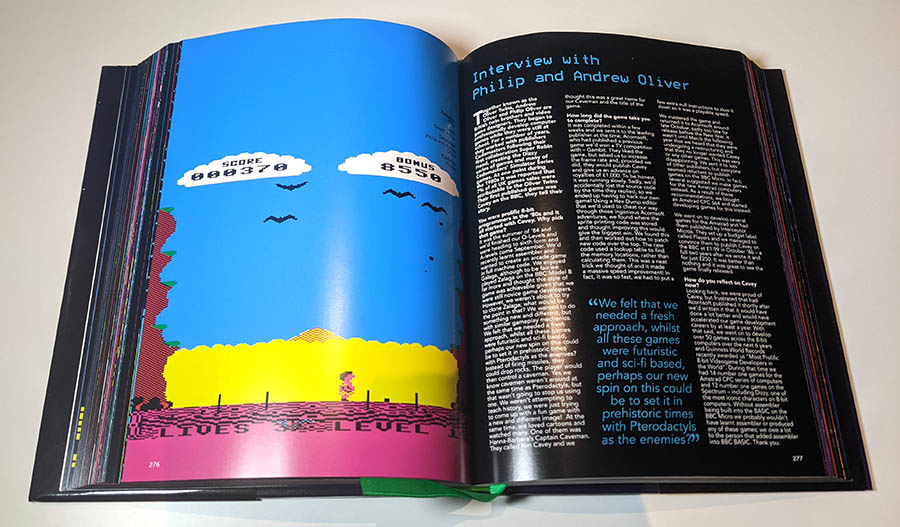
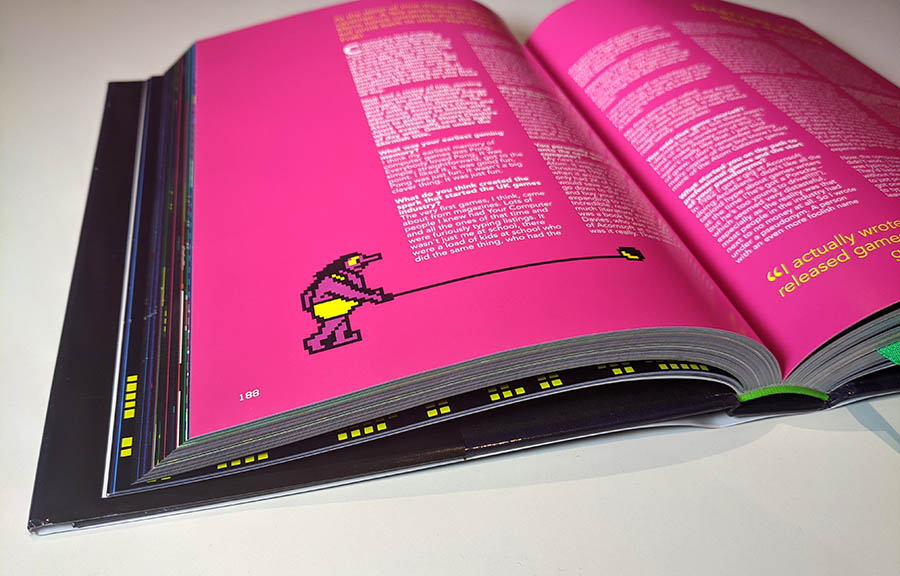
Duncan
Jan 15, 2021 -
Whenever the history of Acorn (or Sinclair) is mentioned I always recommend watching the Docudrama Micro Men
https://www.youtube.com/watch?v=XXBxV6-zamM
The fact that it has a Cameo appearance from the main BBC Micro and ARM Processor designer Roger (now Sophie) Wilson makes you think the Acorn side of the story is fairly accurate. I don’t think Clive Sinclair would agree though.
Retromash
Jan 19, 2021 -
Great show.